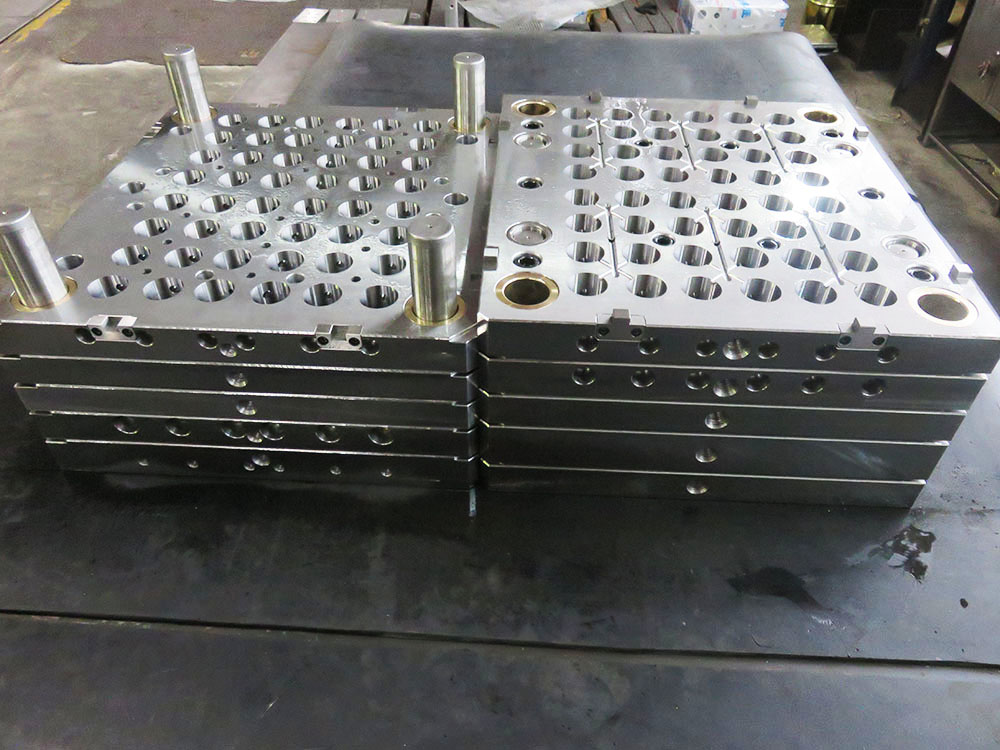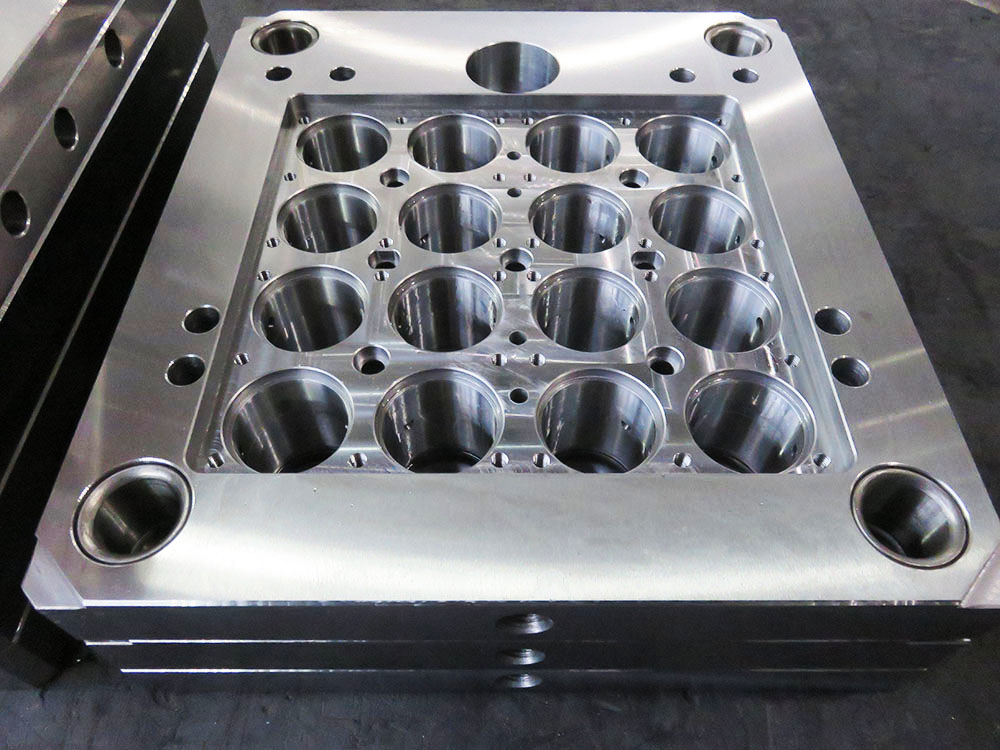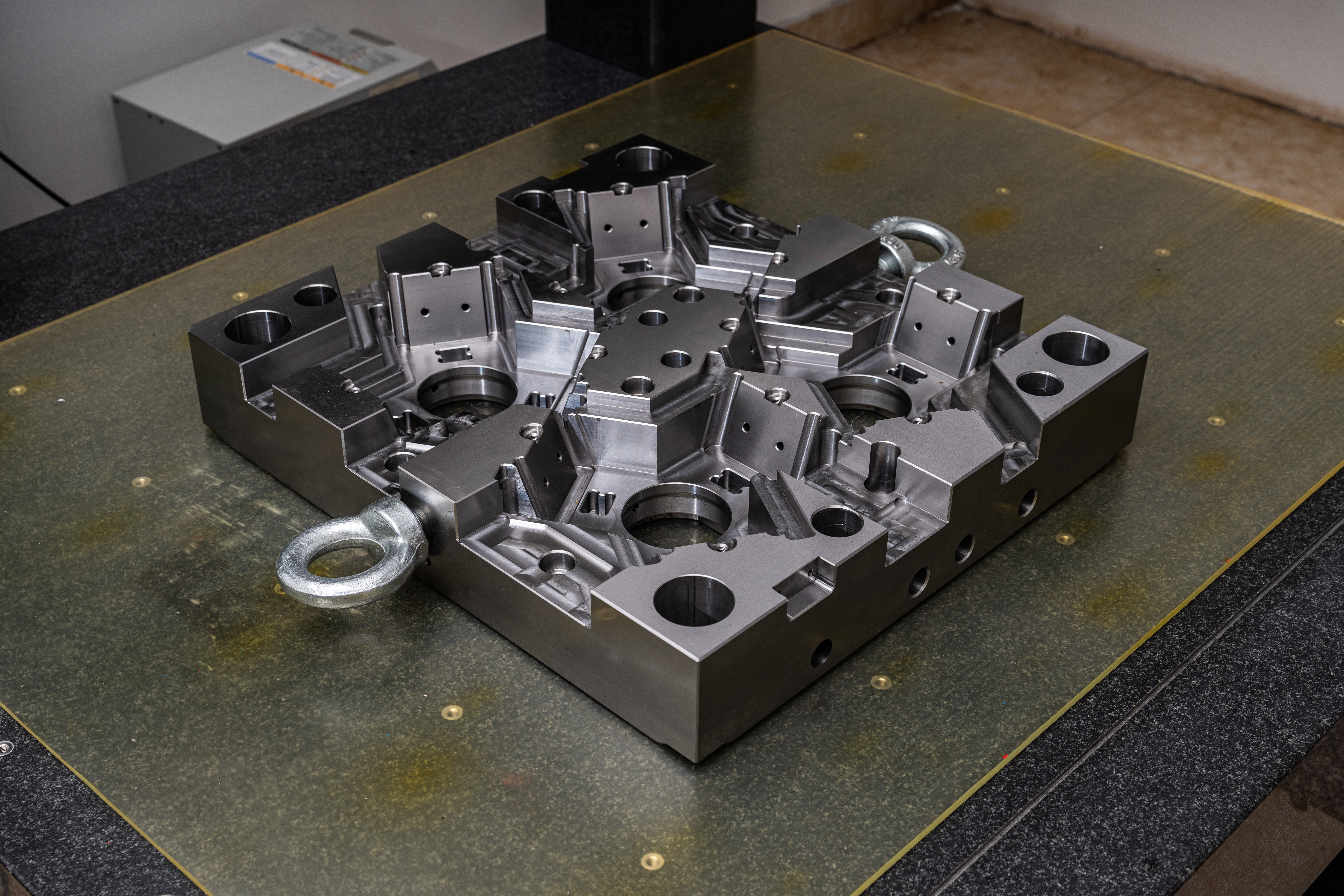The Importance of Adjusting the Thickness of Die Casting Mold Frame in the Mold Base Industry
In the mold base industry, the thickness of the die casting mold frame plays a crucial role in ensuring the quality and effectiveness of the molding process. Mold base manufacturers understand the significance of this aspect and strive to provide solutions that cater to the specific requirements of each project. In this article, we will explore the reasons why adjusting the thickness of the die casting mold frame is vital and the impact it has on the overall mold base industry.
Enhancing Structural Integrity
One of the primary reasons for adjusting the thickness of the die casting mold frame is to enhance its structural integrity. A thicker mold frame provides greater stability and rigidity, reducing the likelihood of deformation or damage during the casting process. This stability ensures consistent, high-quality castings and extends the lifespan of the mold base.
Optimizing Heat Dissipation
Another critical aspect considered when adjusting the thickness of the die casting mold frame is heat dissipation. During the casting process, excessive heat can build up, leading to thermal stress and potential warpage of the mold base. By carefully adjusting the thickness, mold base manufacturers can create an optimal balance between heat absorption and dissipation, ensuring uniform cooling and minimizing the risk of defects in the casting.
Improving Precision and Tolerance
Precision and tolerance are vital factors in the mold base industry, as even the slightest deviation can affect the functionality of the final products. Adjusting the thickness of the die casting mold frame allows for fine-tuning and optimization of these parameters. Mold base manufacturers rely on advanced technologies and precise calculations to determine the optimal thickness that will result in the desired precision and tolerance levels for the specific project.
Increasing Durability and Longevity
The longevity and durability of a mold base are directly influenced by the thickness of the die casting mold frame. Thicker frames provide increased resistance to wear and tear, as well as better resistance against stresses generated during high-pressure casting processes. Mold base manufacturers carefully consider the anticipated load and operating conditions to determine the appropriate thickness that will ensure the longevity and reliability of the mold base.
Effective Cost Management
While adjusting the thickness of the die casting mold frame may involve additional considerations and costs, it ultimately leads to effective cost management in the long run. By ensuring the optimal thickness, mold base manufacturers can minimize the need for frequent repairs or replacements due to frame deformation or failure. This not only saves costs on maintenance but also reduces potential downtime, ensuring uninterrupted production and improved overall efficiency.
Conclusion
The thickness of the die casting mold frame is a critical parameter in the mold base industry. By adjusting it appropriately, mold base manufacturers can enhance structural integrity, optimize heat dissipation, improve precision and tolerance, increase durability and longevity, and effectively manage costs. The expertise and attention to detail provided by mold base manufacturers in adjusting the thickness contribute to the success of the overall mold base industry, ensuring high-quality castings and satisfied customers.




